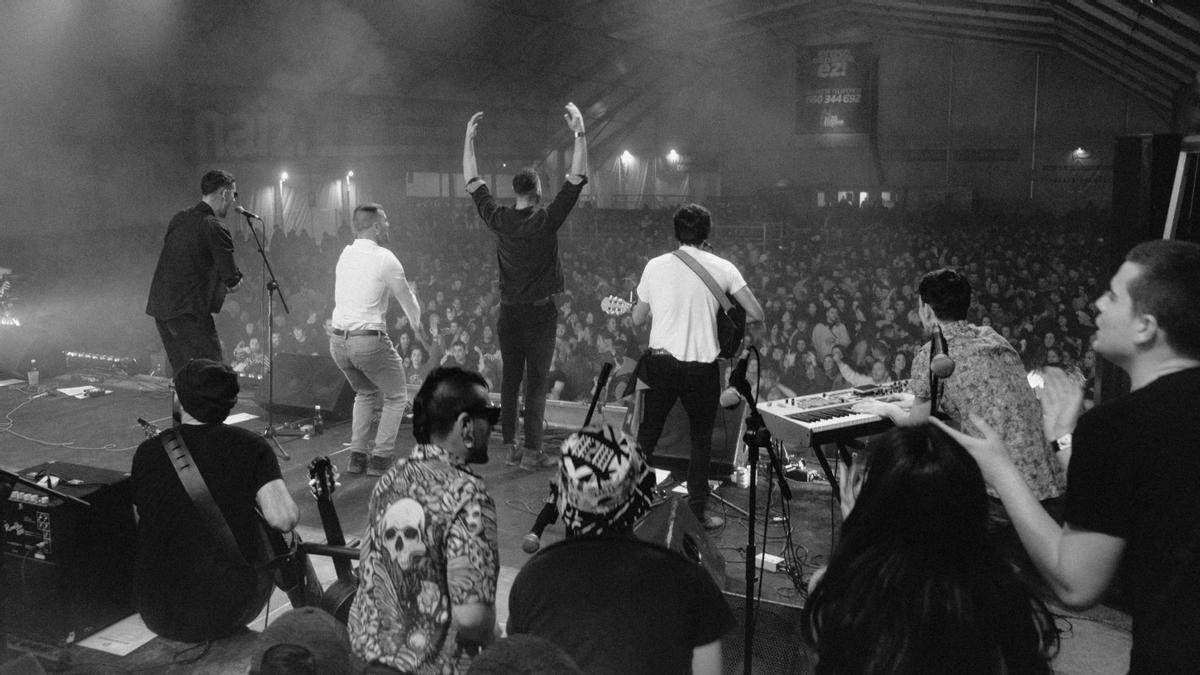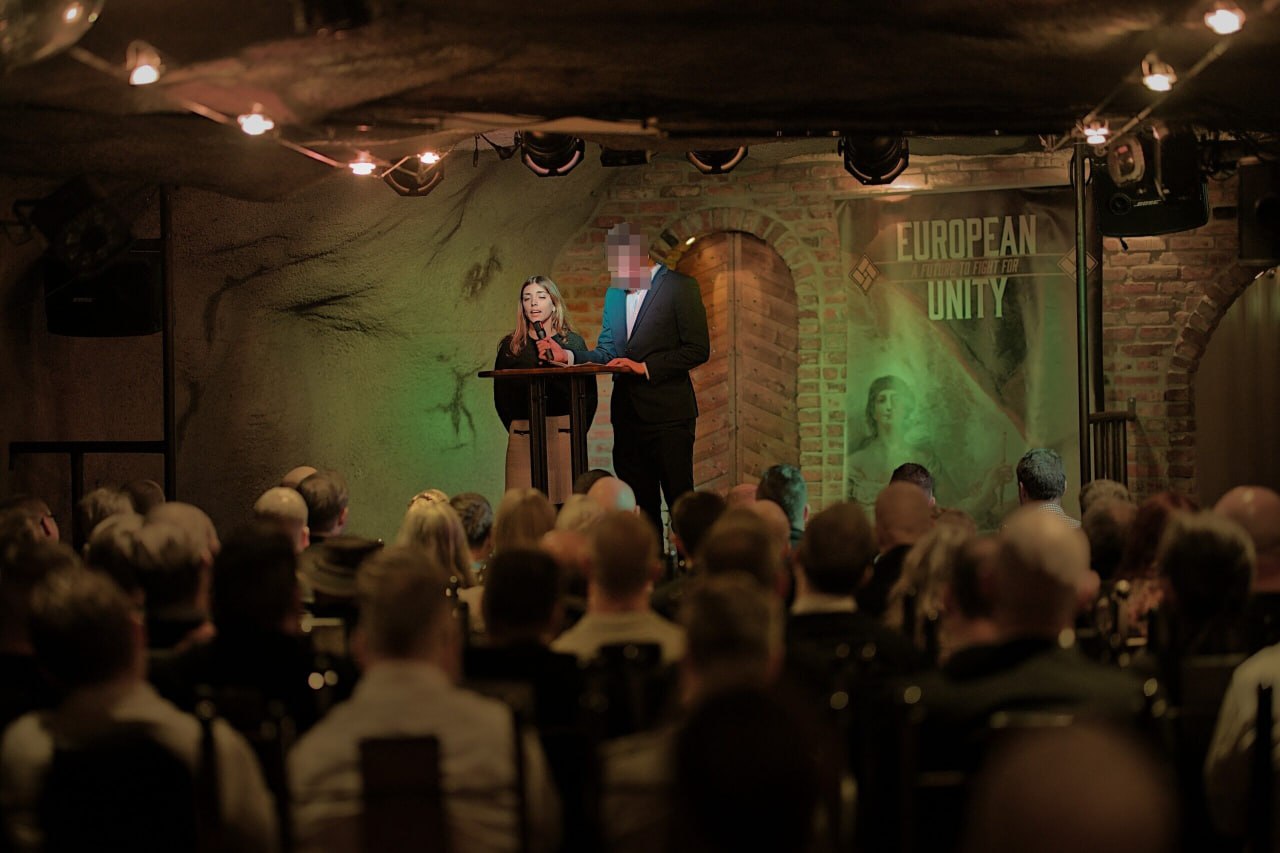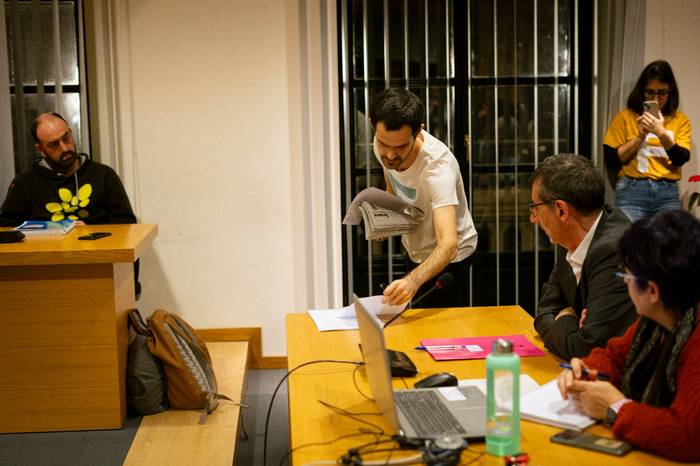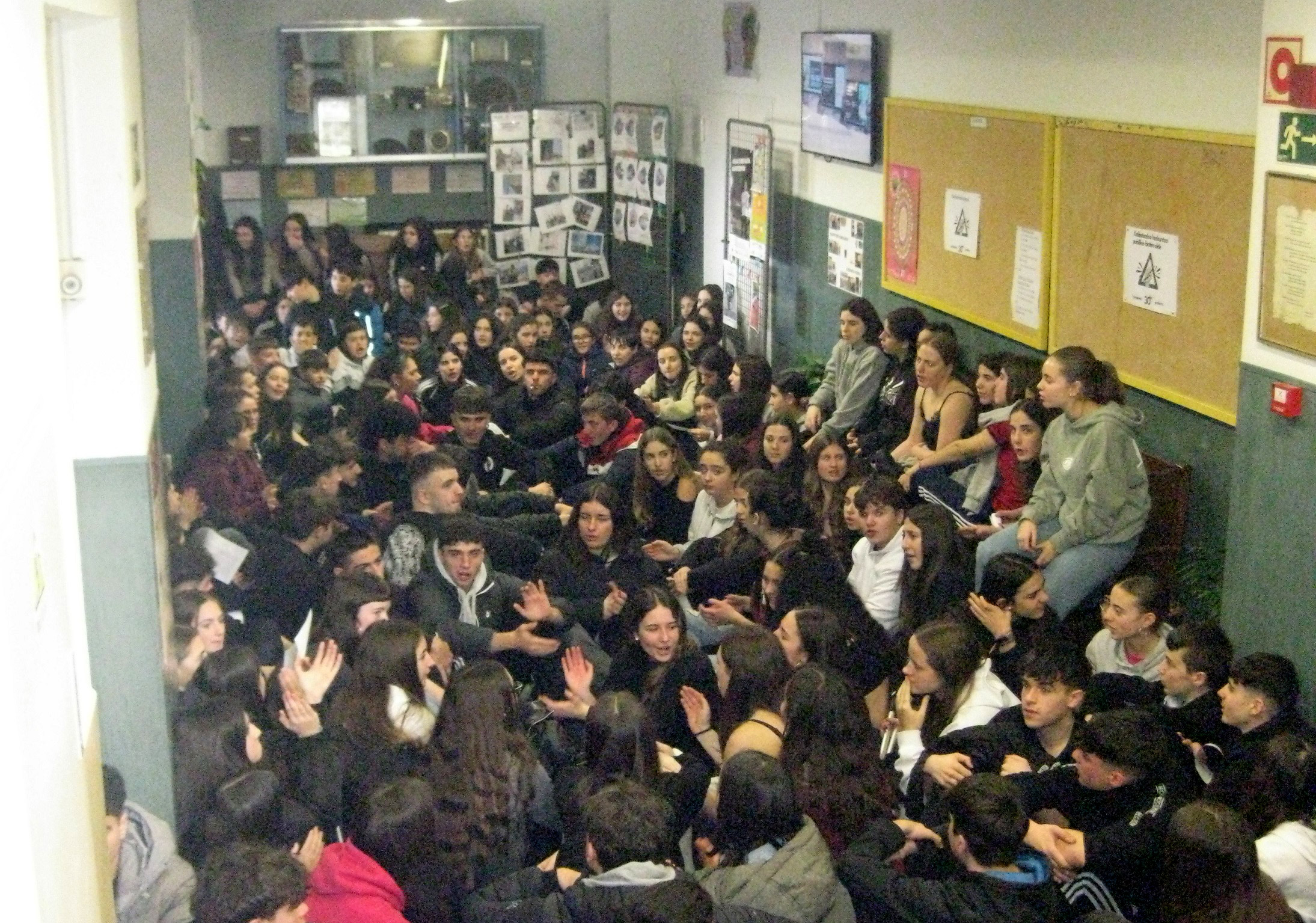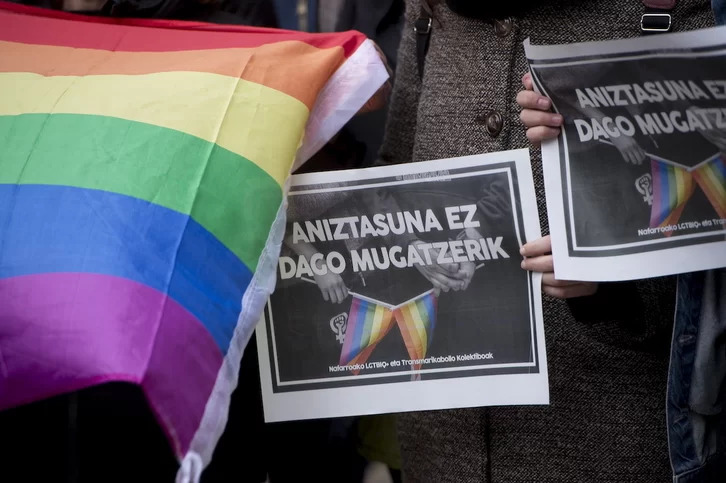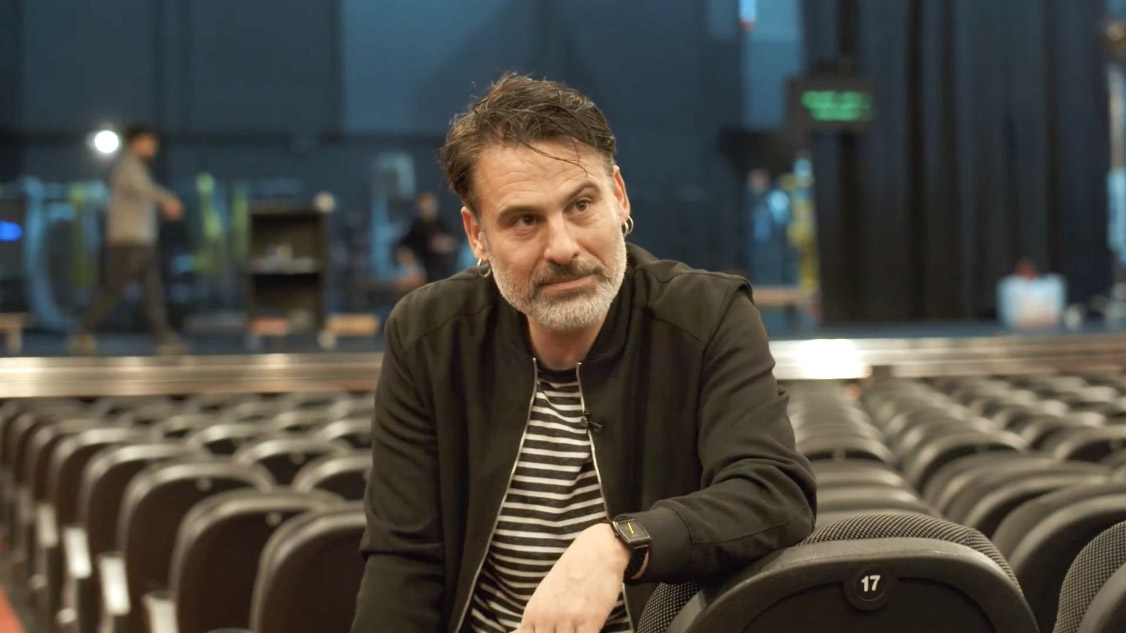Cheap houses in Vizcaya
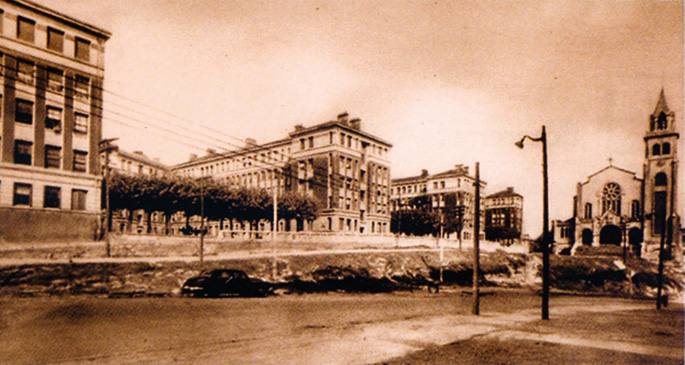
Madrid, 1911. The Spanish government launched the Affordable Homes Act with the aim of improving the poor housing conditions of workers concentrated in the main industrial centers and taking as a model (basically copying) the laws created in both Britain and France at the end of the 19th century.
Being one of the most industrialized regions of the peninsula, the need for cheap and decent houses for workers was great in Bizkaia, in the area of Bilbao. There were problems of hygiene, pandemics, lack of services and lack of space. In addition, in this rugged territory, flat plots were occupied by industry, which exacerbated the housing problem. As a result, social conflicts arose and, for example, during the mining strike of 1890, one of the demands was to improve housing conditions.
The workers wanted houses, the bourgeoisie did not want conflicts and, as such, the Biscayan institutions and the main private companies did not wait for the law to come from Madrid. Thus, in 1909 they subsidized the construction of the blocks of the neighborhood of La Kruz. For the rent of twelve pesetas a month, the workers had a house that they could not otherwise afford: two or three rooms, tap water, shower, toilet, fire plate...
Together with the law, the Provincial Council of Biscay decided to promote these initiatives, the then Caja de Ahorros Vizcaina assumed the financing of buildings and the management of savings of working families, cooperatives were created for construction works and the most famous architects of the time designed houses and flat barracks of neo-Basque and English style.
Bizkaia, the image of its cheap houses has been collected in the book 1911-1936 by the art historian Ana Julia Gómez, the history of these houses and the exhibition of the same name is also on display until 26 February at the Provincial Library of Bizkaia.
During the outbreak of the war, 57 sets of cheap houses were built in all twelve municipalities. And not only would they be cheap, but they would also be of quality, since all but six are standing today.
Vagina Shadow(iko)
Group: The Mud Flowers.
The actors: Araitz Katarain, Janire Arrizabalaga and Izaro Bilbao.
Directed by: by Iraitz Lizarraga.
When: February 2nd.
In which: In the Usurbil Fire Room.














